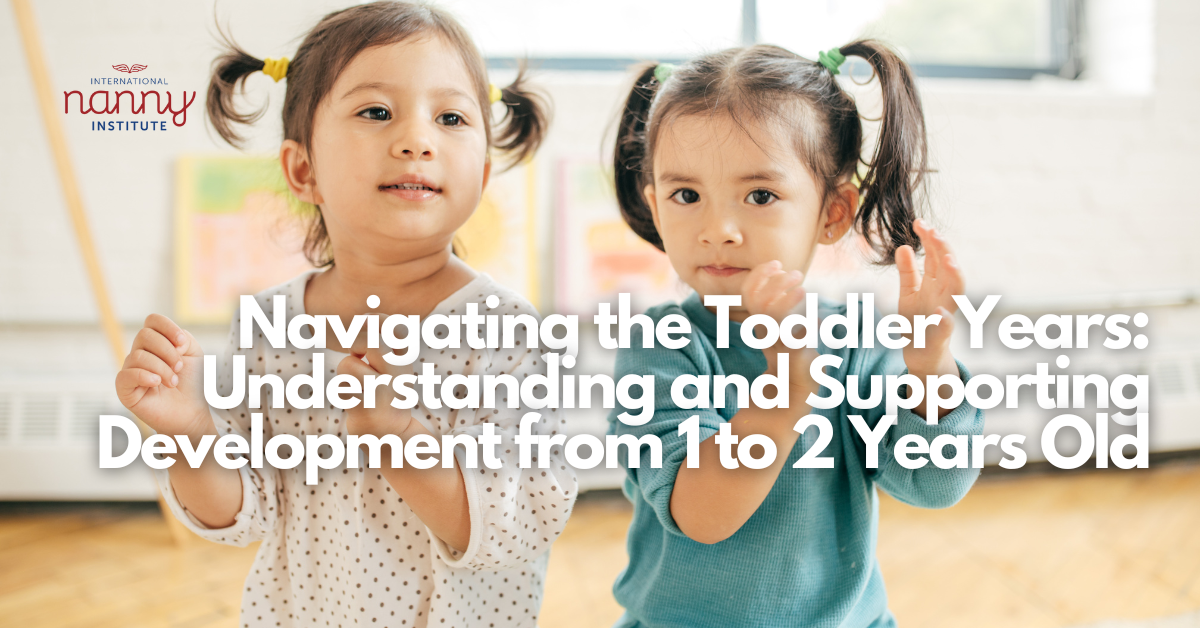Let’s Go on a Nature Walk!
As a nanny, you have the opportunity to play a vital role in your child’s growth and development. One way to do this is by taking them outdoors and going on a nature walk. Nature walks offer numerous benefits to children, including enhancing their cognitive and physical development, boosting their creativity and curiosity, and providing opportunities for bonding and quality time. In this article, we will explore the benefits of taking children on a nature walk and provide games and activities that nannies and children can do together on the walk.
Benefits of Taking Children on a Nature Walk
Nature walks can benefit children;s health, wellbeing and development as well as being a lovely activity to engage in for everyone involved. Here we take a look at some of the ways that taking children on a nature walk can positively impact their development.
Enhances Cognitive Development
Nature walks provide numerous opportunities for children to learn about the world around them. They help children develop their observational and critical thinking skills while engaging in hands-on activities. Children who regularly go on nature walks tend to have better attention spans, memory, problem-solving abilities, and awareness of their surroundings. These cognitive benefits can extend to their academic performance and overall personal growth.
Boosts Creativity and Curiosity

Nature walks can play an essential role in fostering creativity and curiosity in children. The outdoor world presents numerous opportunities for children to explore, inquire, and get inspired by the natural environment they connect with. Through activities like sketching and identifying animals or plants, children can develop their creative skills while nurturing their passion for nature.
Offers Physical Activity
Nature walks offer excellent physical activities that can help children develop their physical abilities, endurance, and motor skills. Walking, climbing, running, and jumping activities keep kids active and help in maintaining an active lifestyle. The varied nature of outdoor terrain provides children with the opportunity to practise their balance, coordination, and locomotion abilities.
Builds Bonding and Quality Time
Nature walks provide an opportunity for nannies and children to spend quality time together. Although nannies are responsible for caregiving, engaging children in hands-on outdoor activities, and conversational exchanges during nature walks help build a nurturing relationship centred on mentorship and trust.
Games and Activities to do During a Nature Walk
As well as just getting out and about in the fresh air and experiencing nature there are plenty of games and activities that can be introduced during nature walks to enhance the activity, and children’s development, even further. Here are some examples of that:
Nature Scavenger Hunt
A scavenger hunt is a great way to engage children in nature walks. The nature scavenger hunt involves creating a list of items that children can discover on the walk, such as specific flowers, rocks, bugs, fallen leaves, or animal tracks. One can customise the type of scavenger hunt based on the season or walk location. A scavenger hunt is a fun, interactive way to develop cognitive and observational skills while sparking curiosity.

Picture Bingo
Picture Bingo involves making a game sheet filled with pictures of various items that children can find during the nature walk. These might include things like sticks, acorns, snails, or coloured leaves. Children fill in the pictures on their sheets as they discover them. It is a fun and exciting activity that promotes cognitive development and can be modified as per the child’s preference.
Leaf or Rock Painting
Leaf or rock painting is an excellent way to combine creativity with a nature walk. Children can collect fallen leaves or rocks on the walk, take them home or dry them, and later paint them, showcasing their artistic skills. Making art out of natural materials is a great way to promote creativity and connect with nature.
Scavenger Hunt-inspired Trail
A scavenger hunt-inspired trail creates a personalised series of clues that children follow on their walk. Each clue leads the way to the next one, and once they reach the end, a treasure or a surprise is waiting for them. It is a perfect activity to incorporate teamwork and cognitive development while having fun exploring and solving riddles.
Firefly Catch and Release

Firefly Catch and Release is an excellent evening activity that adds magnificence to a nature walk. Children can catch fireflies using jars with small air holes to collect them safely. After enjoying the glow of the fireflies, children can release them back into the wild. Children will get the chance to witness one of nature’s most fascinating creatures while enjoying time outdoors during their nature walk.
Wildlife Watch
Wildlife Watch can be a thrilling way to spot animals that might be nearby. Children will have the opportunity to notice animals like squirrels, birds or rabbits in their natural habitat. Identify and encourage children to photograph or draw the animals they spotted so they can learn more about their characteristics and life cycle.
Nature walks offer numerous benefits to children, including cognitive and physical development, creativity, and bonding with their caregivers. The activities mentioned above promote physical activity, as well as enhance creativity, cognitive skills, and develop life skills such as problem-solving and critical thinking in children.
Nannies can nurture children by engaging them in nature walks, encouraging them to explore, discover and learn. Incorporating games and activities during a nature walk further enhances the child’s experience and ensures they have a fun and exciting time outdoors. It is important that nannies and caregivers always ensure children’s safety, and make it part of their responsibility to educate the children about the importance of caring for natural resources.
If this article has sparked your interest in how getting out in nature can help to support children’s wellbeing, learning, and development, then you may be interested in learning about the Forest School approach in early education. Our Alternative Approaches to Early Years Care and Education course will introduce you to a range of approaches that support children’s development, help you to explore the underpinning theories and philosophies of these approaches, and has been specifically designed to help nannies integrate these ideas into their day-to-day work with children. If you’d like to have knowledge of various educational approaches you can use in your day-to-day life as a nanny, visit us today at www.international-nanny.institute to learn more.










